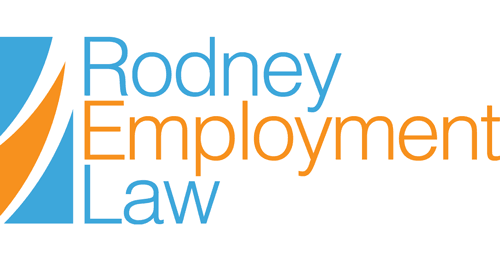In Hucsko v. A.O. Smith Enterprises, 2020 ONSC 1346, a long-service (20 years), senior-aged (62 years old) employee (the “Employee”) was subject to a just cause termination subsequent to the fall-out of a workplace harassment investigation. The workplace investigation was conducted by the Employer, after the Employee’s female co-worker complained that he had made sexually inappropriate and harassing comments on several occasions. While the Employee explained that his comments were misunderstood and were in fact, pop culture references – the Employer ultimately concluded that the Employee had indeed made several inappropriate comments. The resulting corrective action included the Employee taking additional harassment training and providing an apology to his co-worker. The Employee however, did not accept the outcome and retained legal counsel who contacted the Employer advising them that the Employee agreed to participate in the training but was not prepared to make an apology admitting any wrongdoing on his part. In turn, the Employer opted to ignore the lawyer’s correspondence and shortly thereafter, terminated the Employee’s employment alleging cause based on “an irreparable breakdown in the employment relationship”.
To refresh your memory – “just cause” terminations are essentially considered the “capital punishment” of one’s employment. These terminations bar the employee from receiving any type of notice or severance and acts as a permanent black mark on the employee’s employment history. As such, there is an extremely high threshold for just cause terminations in Ontario and the onus is on the employer to demonstrate that the employee’s conduct was so egregious to justify a termination without compensation. In court, Justice G.E. Taylor did not find the Employer was successful in satisfying this threshold. As a result, it was concluded that the Employee was not terminated for cause and that he was entitled to twenty (20) months’ reasonable notice.
In making his decision, the Justice indicated, “The defendant did not dismiss the plaintiff because of a finding of sexual harassment. The memo […] which was given to the plaintiff makes it clear that a finding of inappropriate comments had been made. It is also clear from that memo that the defendant did not feel the conduct was such as to justify termination.” Instead, in the Justice’s view, “The termination of the plaintiff’s employment followed quickly after receipt of a letter from the plaintiff’s lawyer. Rather than responding to counsel’s letter and attempting to negotiate the wording of a letter of apology acceptable to both plaintiff and the defendant, the defendant chose to end the plaintiff’s 20 years of employment. I conclude that an important factor in the defendant’s decision to terminate the plaintiff’s employment was that he had consulted a lawyer. This is not a justifiable reason to dismiss an employee of long service.”
The takeaways from this case are twofold. From the employee perspective, this case further underlines the importance of consulting with legal counsel, particularly when you are the subject of an investigation. On the flipside, employers are urged to consult with an Employment Lawyer, HR Professional and/or Workplace Investigator at both the preliminary and post-investigation stages to ensure that the proper corrective actions are taken in these circumstances. As this case illustrates, receiving timely and informed legal advice may result in the difference of twenty (20) months’ notice (or more!) on either end of the spectrum!
